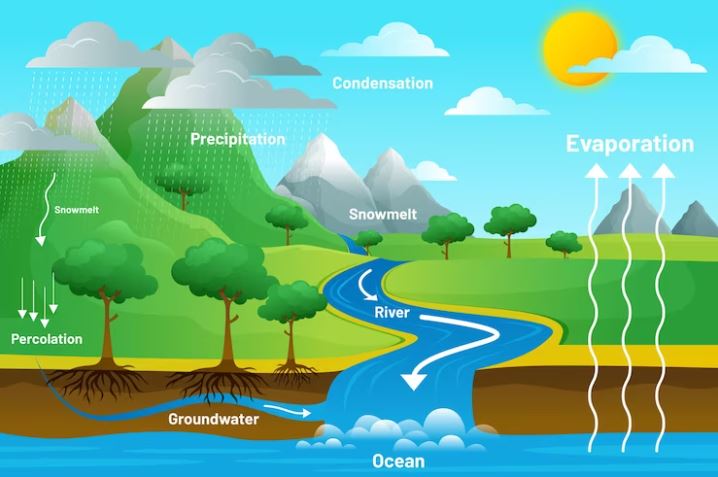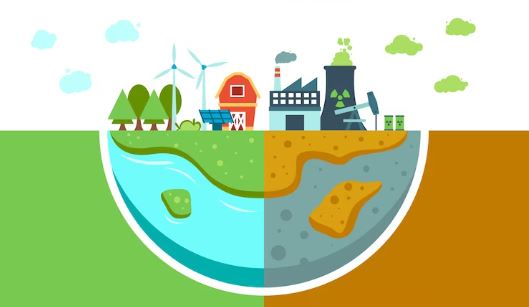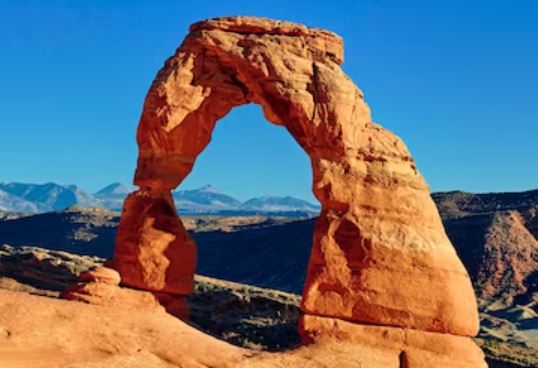What are the parts of a river?
Rivers are fascinating and complex natural systems that play a critical role in the earth’s ecosystem. They are a vital source of fresh water and are home to numerous aquatic species. But have you ever wondered what exactly makes up a river? A river is not simply a flowing body of water; it is made ...

















